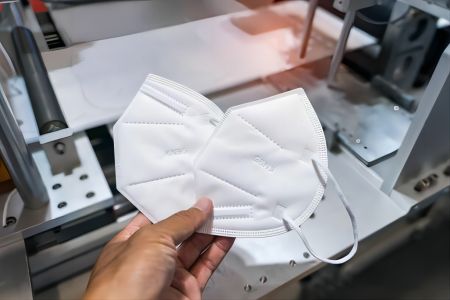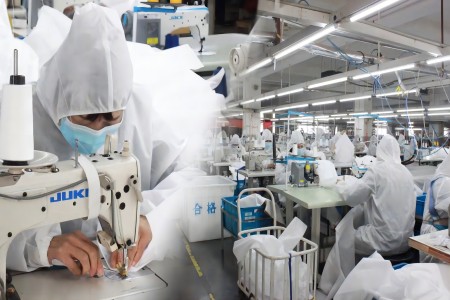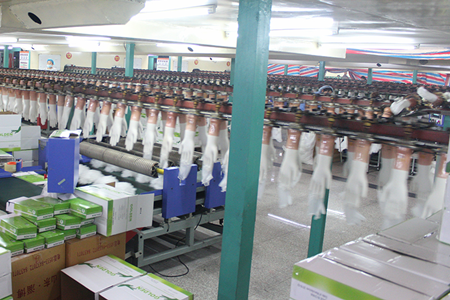2023/9/21

Mask Standards and Certifications
In the wake of the global COVID-19 pandemic, the demand for masks has surged exponentially. With numerous mask options flooding the market, it becomes crucial to understand the standards and certifications that ensure their quality, filtration efficiency, and safety. In this article, we will delve into the various mask standards and certifications, shedding light on their significance and how they impact the manufacturing and usage of masks.
KN95, N95, and Other Standards
The KN95 and N95 masks are widely recognized as highly effective in filtering out airborne particles, including bacteria and viruses. Both standards originate from different countries, with KN95 being the Chinese standard and N95 being the American standard. These masks undergo rigorous testing to ensure a minimum filtration efficiency of 95%. Exploring the differences and similarities between these standards will help users make informed decisions regarding mask selection.
Testing Procedures and Criteria
The process of obtaining mask certifications involves comprehensive testing procedures. These tests evaluate key factors such as filtration efficiency, breathability, and fluid resistance. Understanding the testing protocols, such as the NIOSH certification for N95 masks or the GB2626-2006 standard for KN95 masks, is crucial in assessing the reliability and performance of masks.
Counterfeit Masks and Consumer Awareness
The surge in demand for masks has unfortunately led to the proliferation of counterfeit products. These masks often fail to meet the required standards, compromising the safety and protection of users. Educating consumers about the characteristics of genuine masks and providing tips to identify counterfeit products can help combat this issue and ensure their well-being.
International Standards and Harmonization Efforts
Various countries have their own standards and certifications for masks, leading to potential discrepancies and confusion. However, efforts are being made to harmonize and recognize these standards globally. Understanding the international cooperation and standardization efforts will aid manufacturers, distributors, and users in navigating the complex landscape of mask certifications.
Beyond Filtration Efficiency: Fit and Comfort
While filtration efficiency is a crucial aspect, masks must also provide a proper fit and comfort for users. Standards such as the ASTM F2100 in the United States outline requirements for mask design, material quality, and performance testing. Exploring these additional standards ensures that masks not only filter particles effectively but also offer a comfortable and secure fit.
Updates and Evolving Standards
As new information about the virus and its transmission emerges, mask standards and certifications continue to evolve. Staying informed about any updates or revised guidelines is essential for kn95 mask manufacturers and users alike. Regularly consulting trusted sources and authorities in the field will help ensure compliance with the latest standards and the provision of the highest quality masks.
Conclusion
The availability of high-quality masks is crucial in the battle against COVID-19 and other airborne pollutants. Understanding mask standards and certifications empowers manufacturers, distributors, and users to make informed decisions and prioritize safety. By adhering to established standards, we can collectively promote the production and usage of masks that provide optimal protection and peace of mind in these challenging times.




 WhatsApp
WhatsApp
Send us your message
You can send an email asking for the price and detailed information of this product. We will reply you as soon as we receive your email